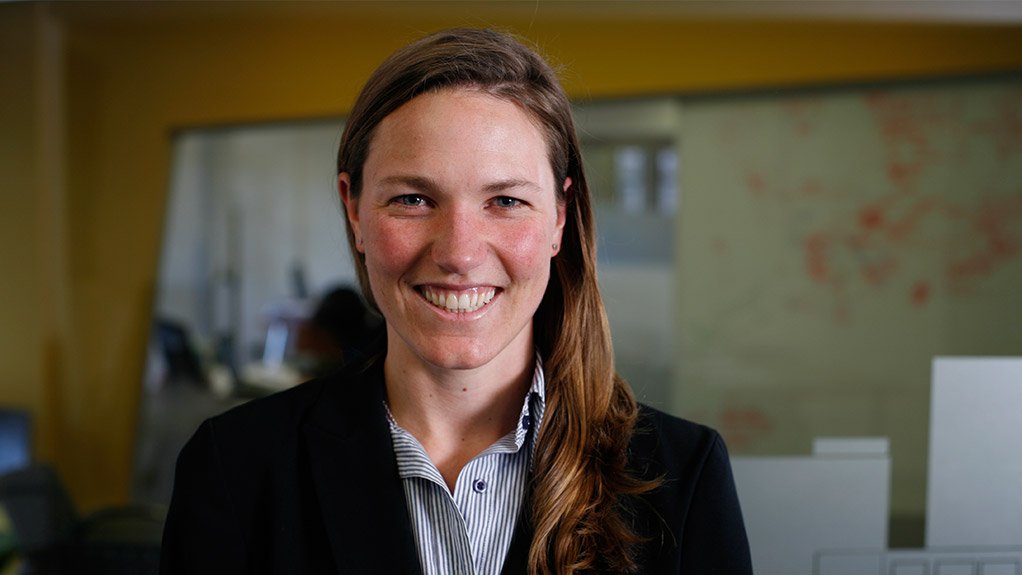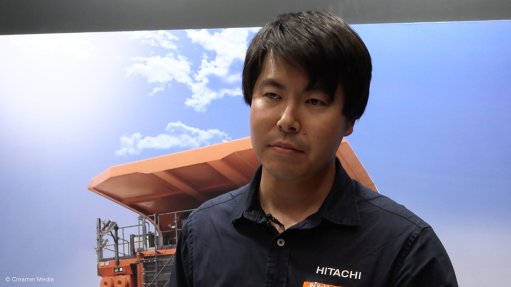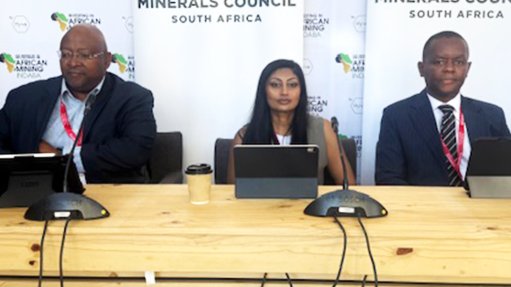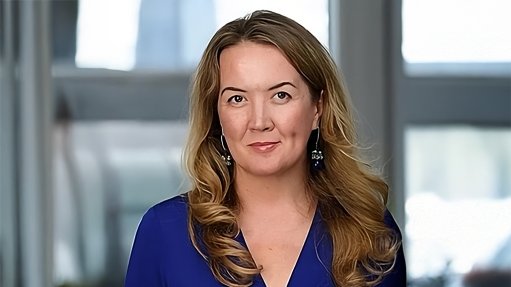Public–private collaboration key to understanding shared water risks


HANNAH BALETA The country has to conserve water and better manage demand, alongside significant investments in water supply and wastewater treatment
South Africa faces significant challenges in managing its scarce water resources, but effective engagement between government and the private sector might allow for improved management of scarce natural resources through new and novel partnerships.
This is according to University of Cape Town PhD graduate Dr Hannah Baleta, who hopes her thesis will start a conversation between the private sector and government about managing water risks in South Africa in a supportive and collaborative manner.
The thesis, titled ‘The concept of shared risk in public and private sector water security: a case study of Grabouw, Western Cape, South Africa’, investigates the differences and similarities that government and the private sector face regarding water risks.
Baleta, realised that she needed to address water issues “closer to home” in South Africa while completing her master’s degree between 2009 and 2010 in water science and policy, at the University of Oxford, in the UK.
Baleta currently works at public- and private-sector advisers Pegasys in Cape Town, where her work ranges from understanding the role that water plays within an economy to developing ways companies can better understand the far-reaching risks they face in terms of water security.
Her PhD thesis investigates shared risk and focuses on the way in which the private sector – specifically agriprocessing companies – and government, such as local municipalities, regard water risks and related issues.
The research involved the investigation of the hydrology and future climate-change projections for the case study area, Grabouw, in the Elgin Valley of the Western Cape.
Baleta subsequently arranged or attended meetings, interviews and forums with the different stakeholders in the area.
She adds that neither the private sector nor government is homogenous, as they perceive risks differently.
“The investigation concluded that it is challenging to get people from business and government to communicate, but it also indicated some of the practical measures we can take to promote [the] sharing of water risks.”
Using the thesis, Baleta developed a framework that may help companies and government compare their water risks and to help them understand how they can work together.
Baleta says one of the many challenges in the water sector is that investment in infrastructure, the effective management of water resources including capacity in the Department of Water Affairs and Sanitation (DWS) is not keeping up with the development and, therefore, growth in water use of South Africa.
She mentions that DWS has been establishing catchment management agencies since 2006 which she believes, along with water user associations, will be good forums on which all water users can converge.
However, Baleta says, while these agencies are critical, there have been a number of challenges in their establishment at legal entities, delaying their implementation as functioning bodies.
She suggests that the country has to conserve water and better manage demand, alongside significant investments in water supply and wastewater treatment to stay abreast of development and population growth.
However, in South Africa, innovative instruments to help make trade-offs in allocating scarce water resources are arguably more important than investing in infrastructure or efficiency measures, she adds.
Baleta also believes that much of the technical capacity in the smaller local municipalities can be improved.
At least 37% of all water supplied by municipalities is lost through leakages, making this an area where significant efficiency gains can be made.
Article Enquiry
Email Article
Save Article
Feedback
To advertise email advertising@creamermedia.co.za or click here
Press Office
Announcements
What's On
Subscribe to improve your user experience...
Option 1 (equivalent of R125 a month):
Receive a weekly copy of Creamer Media's Engineering News & Mining Weekly magazine
(print copy for those in South Africa and e-magazine for those outside of South Africa)
Receive daily email newsletters
Access to full search results
Access archive of magazine back copies
Access to Projects in Progress
Access to ONE Research Report of your choice in PDF format
Option 2 (equivalent of R375 a month):
All benefits from Option 1
PLUS
Access to Creamer Media's Research Channel Africa for ALL Research Reports, in PDF format, on various industrial and mining sectors
including Electricity; Water; Energy Transition; Hydrogen; Roads, Rail and Ports; Coal; Gold; Platinum; Battery Metals; etc.
Already a subscriber?
Forgotten your password?
Receive weekly copy of Creamer Media's Engineering News & Mining Weekly magazine (print copy for those in South Africa and e-magazine for those outside of South Africa)
➕
Recieve daily email newsletters
➕
Access to full search results
➕
Access archive of magazine back copies
➕
Access to Projects in Progress
➕
Access to ONE Research Report of your choice in PDF format
RESEARCH CHANNEL AFRICA
R4500 (equivalent of R375 a month)
SUBSCRIBEAll benefits from Option 1
➕
Access to Creamer Media's Research Channel Africa for ALL Research Reports on various industrial and mining sectors, in PDF format, including on:
Electricity
➕
Water
➕
Energy Transition
➕
Hydrogen
➕
Roads, Rail and Ports
➕
Coal
➕
Gold
➕
Platinum
➕
Battery Metals
➕
etc.
Receive all benefits from Option 1 or Option 2 delivered to numerous people at your company
➕
Multiple User names and Passwords for simultaneous log-ins
➕
Intranet integration access to all in your organisation


















